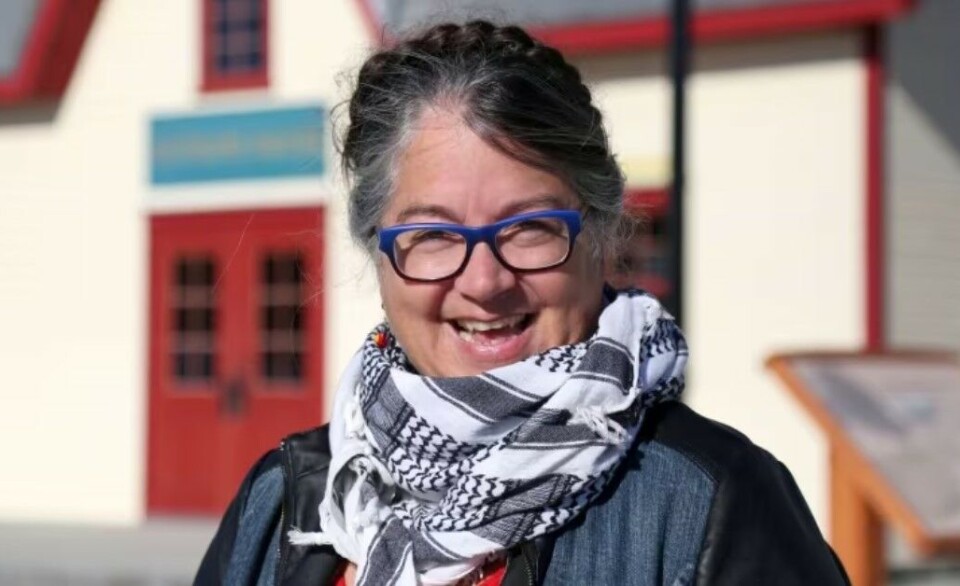
Canada bans open net-pen salmon farming in BC from mid-2029
But floating closed containment will be considered for licences
The Canadian government has confirmed that open net-pen salmon farming will be banned in British Columbia from June 30, 2029, as part of what it said was a responsible, realistic, and achievable plan to transition the sector to closed containment.
In response, the Canadian Aquaculture Industry Alliance (CAIA) said the move was the opposite: irresponsible, unrealistic, unreasonable and unachievable.
The BC Salmon Farmers’ Association said the unrealistic time period for full transition undermines the federal government’s commitment to science-based decision-making, restoration of wild salmon populations, support for UNDRIP (United Nations Declaration on the Rights of Indigenous Peoples) and rural coastal communities, growth of Canada’s Blue Economy, increased food security, and support for young Canadians.
Aquaculture suppliers in British Columbia (BC) also condemned the government's move, and Norway-headquartered Grieg Seafood, which farms in BC and Newfoundland, said it will suspend any investments in BC and await the draft transition plan due at the end of July to assess further actions.
Five-year licences
Announcing the plan, federal fisheries minister Diane Lebouthillier said she would renew licences for existing BC marine farms for the next five years, with stricter conditions to ensure improved management of sea lice on farmed fish, robust reporting requirements for industry, and additional monitoring of marine mammal interactions.
After July 1, 2024, only marine or land-based closed containment systems will be considered for salmon aquaculture licences in coastal BC. These will be for nine years to provide what the government said was “greater predictability”.
In a press release, the government’s Department of Fisheries and Oceans (DFO), said that a number of First Nations, coastal communities, and others in BC rely on open net-pen aquaculture for their livelihood and prosperity.
'Clean aquaculture'
The government said it will release a draft salmon aquaculture transition plan by the end of July, that will focus on:
- how to support First Nations, workers, and communities in this transition;
- identifying economic supports for the use of innovative and clean aquaculture technology;
- milestones, principles, and criteria for the transition of salmon open net-pen aquaculture over the five-year licence period; and,
- management of salmon open net-pen aquaculture until the ban is fully implemented.
“Over the coming months, federal departments, as part of a whole-of-government effort, will engage with those directly and indirectly affected by this transition to discuss how best to support them.”
Wild salmon
The move to end open net-pen salmon farming in BC is ostensibly to protect wild Pacific salmon, despite the government’s own scientists concluding that the fish farms pose a less-than-minimal risk to wild stocks.
“The government is firmly committed to taking concrete steps to protect wild Pacific salmon. Today, I’m announcing the essence of a responsible, realistic, and achievable transition that ensures the protection of wild species, food security and the vital economic development of British Columbia’s First Nations, coastal communities and others, as we keep working towards a final transition plan by 2025,” said Lebouthillier.
“Ending open net aquaculture is a transformative shift that will make Canada a world leader in sustainable aquaculture production and preserve BC’s pristine coast and fragile ecosystem for generations to come,” said Taleeb Noormohamed, MP for the Vancouver Granville constituency.
Thrown under the bus
CAIA president and chief executive Tim Kennedy said that before today’s announcement Lebouthillier committed repeatedly to deliver a responsible plan that was realistic, reasonable and achievable, and that Prime Minister Justin Trudeau and Lebouthillier’s Cabinet colleagues had “thrown her commitments under the Liberal political bus”.

He said the transition plan is irresponsible because it threatens 5,000 highly paid and skilled jobs in coastal British Columbia; unrealistic because transferring the sector to closed containment by 2029 is logistically impossible; unreasonable because there is no scientific basis to this decision; and unachievable because it threatens to destroy economic value, an enhanced innovation pathway, jobs and high-quality Canadian food production.
Brian Kingzett, executive director of the BC Salmon Farmers’ Association, said the focus on what he called unproven technology “jeopardises the sector’s ability to fulfil agreements with rights-holder First Nations and will cause further harm to our communities”.
“We remain dedicated to advocating for the long-term viability of the salmon farming sector in British Columbia,” said Kingzett. “We hope to find solutions that balance economic development, environmental sustainability, and social well-being.”
Reliant on growth
All open net-pen salmon farming in BC is carried out with the consent of the First Nations whose territories the farms are located in. The Coalition of First Nations for Finfish Stewardship (FNFFS), which represents the pro-farming First Nations, said it will continue to participate in the ongoing transition process with the federal government towards closed containment systems but added that the process must respect its rights and objectives.
“The social and economic health of our communities is reliant on sustainable growth and the ability of the sector to attract investment, as finfish aquaculture supports meaningful employment in our territories. Certainty and operational security are critical for the companies who remain committed to accomplishing the objectives in their partnership agreements,” said the Coalition.
“Our Nations have been the stewards of our coastal territories since time immemorial. Due to human impact on wild Pacific salmon stocks since colonisation, many Nations have had to evolve their salmon stewardship and food security to include salmon farming. As a result, the sector has become interwoven into the fabric of our communities over the past few decades, and anything less than a responsible, realistic, and achievable transition of this industry, as promised to us by the Government of Canada, will be unacceptable.
“Economic reconciliation no longer means “Ottawa” telling First Nations what to do and how to do it in our traditional territories. We will be at the table for the foreseeable future and are anticipating reviewing and providing input to the draft transition plan that Minister Lebouthillier will present at the end of July.”























































